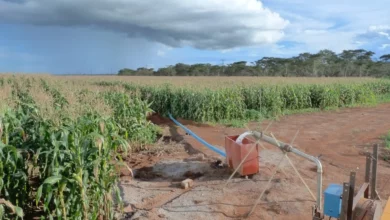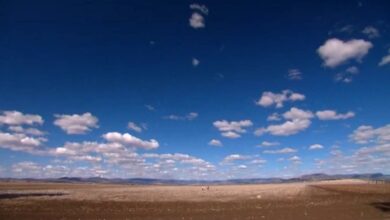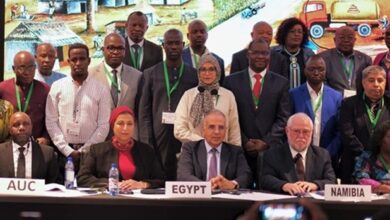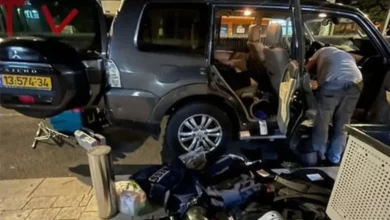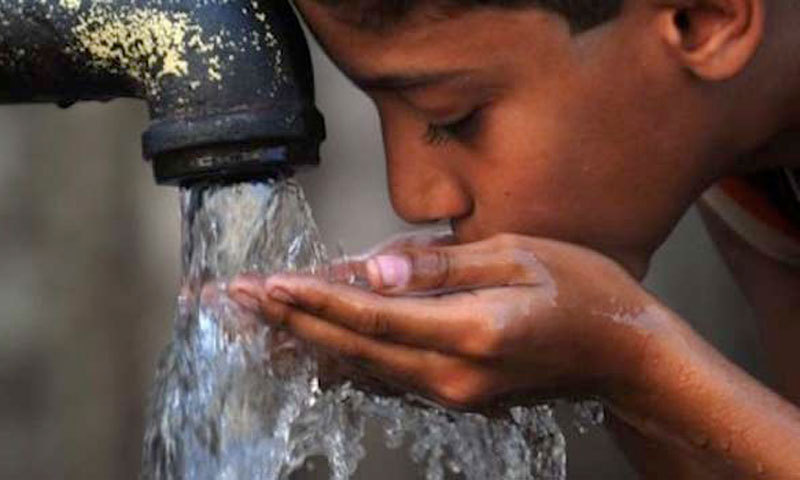
Cairo is among 11 cities across the world that are most likely to run out of drinking water due to untreated agricultural and residential waste, according to a BBC report published on Sunday.
Citing the World Health Organization (WHO), figures show that Egypt ranks high among lower middle-income countries in the number of deaths related to water pollution. The UN estimates critical shortages in the country by 2025, the BBC report said.
In March 2017, Egypt’s Housing Minister Mostafa Madbouly said that the country had entered the water poverty phase, and that the annual amount of water supply per person had fallen to 700 cubic meters, compared to the global average of 1,000 cubic meters.
He added that the desalination of seawater is currently a very high priority for Egypt.
As the population continues to increase and drinking water resources remain traditionally fixed, it is expected that water availability per capita will steadily decrease.
“There is no longer any room but to go ahead, and very quickly, with desalinating sea water, and to make it a strategic choice for our national security at this stage,” Madbouly said in March, 2017.
Meanwhile, Egypt is in the process of constructing the largest seawater desalination plant in the world, located in the Suez Governorate’s coastal city of Ain Sokhna. Once completed, the plant is expected to have the capacity to purify 164,000 cubic meters of seawater each day.
In January, President Abdel-Fattah al-Sisi vowed to protect Egypt’s share of the Nile water and capitalize on its usage.
“This is our country,” Sisi said, “and water for agriculture and drinking must be secured for citizens from Aswan to Alexandria, so that no problem will occur later, and we [don’t] say that we are not ready for it.”
“Egypt is currently carrying out the [world’s] biggest water treatment and desalination project, in case of any circumstances concerning the sharing of water,” said Sisi, according to Al-Ahram, referring to the Grand Ethiopian Renaissance Dam (GERD) crisis, which could potentially threaten Egypt’s share of Nile water.
The water treatment and desalination project will cost LE70 billion, announced Sisi.
The BBC report, meanwhile, also lists major cities most likely to face the threat of running out of drinking water. The list includes South Africa’s Cape Town, India’s Bangalore, China’s Beijing, Russian capital Moscow, Turkish city Istanbul, the Indonesian capital Jakarta, London, and Tokyo.
According to UN projections, global demand for fresh water will exceed supply by 40 percent in 2030.
“Over one billion people lack access to water and another 2.7 billion find it scarce for at least one month of the year. A 2014 survey of the world’s 500 largest cities estimates that one in four are in a situation of “water stress,” the BBC report says.

